The Hidden Risks in Your Trash: Why Shredding Papers Is Essential for Protecting Your Identity
11-15-2024
November 15, 2024
In an age when data breaches and identity theft are as common as smartphone updates, it’s easy to forget that our own trash can be a treasure chest for hackers. Each time you toss a document containing your personal information, you’re gambling with your privacy. Simply put, shredding papers isn’t just a precaution— it’s a necessity .
Why Shredding Matters
Every single piece of paper with sensitive information—be it bank statements, insurance forms, old bills, or investment statements —represents a small window into your financial life. Shredding these documents ensures that anyone who tries to piece together your identity can’t gather enough information to harm you.
When you skip the shredder, you’re making it all too easy for identity thieves to use this data against you, possibly even creating financial ruin or damaging your reputation. And with 1 in 10 Americans experiencing identity theft each year, the risks are high.
The Shocking Stats: Hackers Do Go Through Garbage
Today, dumpster diving—a seemingly archaic method—is still very much a reality. According to the Federal Trade Commission, over 15 million people fall victim to identity theft every year, and a big portion of this still stems from low-tech methods like dumpster or trash diving.
Some key findings:
- In one study, over 90% of corporate dumpsters contained at least some confidential information, providing thieves with a clear path to compromising customer data.
- Hackers or thieves can often spend mere minutes sorting through bags and come away with the information they need to open credit accounts or even file fraudulent tax returns in your name.
Vetting Businesses on Their Shredding Practices
You can control what you do with your own documents, but what about the businesses and institutions you trust with your information? Not all companies treat your data with the same level of care, and many overlook this crucial aspect of data protection. It’s up to you to vet any business that handles your personal information. Here are some questions to ask:
- Do they have a shredding policy? A reputable business should have a clear, documented policy about document disposal.
- How often do they shred? Simply having a policy isn’t enough. Make sure the company regularly shreds documents and doesn’t store them indefinitely. This helps reduce the risk of data sitting around, waiting for the wrong person to take advantage.
- Do they train employees on data privacy? Employee training is key. Without proper instruction on privacy policies, even the best shredding system can be undermined by a simple oversight.
Shredding at Home: Best Practices
Investing in a personal shredder is a simple but effective way to secure your personal information. Here are a few tips:
- Choose a cross-cut or micro-cut shredder instead of a basic strip-cut model, as these produce finer shreds that are much harder to reconstruct.
- Shred all sensitive documents immediately rather than setting them aside for later, reducing the chance that you’ll forget about them.
- Look out for digital storage as well. While not paper, remember that old CDs, DVDs, and flash drives can contain sensitive information. Consider a shredder that can handle these materials as well.
If you’re in the market for a shredder, click Here for the shredder I use and love.
